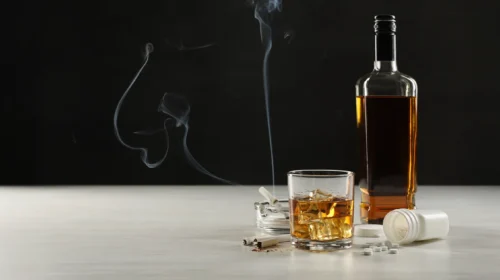Ever notice how we often sing when we’re excited, exuberant or motivated? This is not a coincidence. Nor is it a coincidence that over 30 million adults in America are in choirs. Whether we’re in the car, performing live, singing with our friends, cleaning our houses or in any other environment, singing just makes us feel better. This is one of the reasons why, regardless of whether or not we’ve ever picked up an instrument, we can all benefit from music therapy. Group-singing, in particular has been said to elicit feelings of camaraderie, jubilation and fulfillment. The reasons for this are many and varied.
For one thing, singing releases oxytocin, a neuropeptide that is said to elicit positive emotions, mediate social behavior and regulate stress and anxiety. This is why karaoke is one of the most common group activities. When we sing with others, it helps us to “break the ice” and connect with people on a deeper level that the social barriers of normal verbal communication often prevent. Singing also releases endorphins, which are hormones commonly associated with feelings of pleasure and satisfaction. Endorphins are also released during other pleasurable activities like working out, eating and sex. These benefits can be reaped from singing, regardless of whether or not we consider ourselves “good singers”. We should never be afraid or self-conscious to sing.
Whether or not we’re in recovery, singing can breathe new life into our routines and significantly improve our overall mental health. We don’t have to start performing at clubs, writing our own songs or even join a choir to start integrating singing into our lives. For many, the process simply begins and ends with memorizing the lyrics to their favorite songs and singing along as often as they can. We might be surprised at just how much better we feel when we let loose and belt out some of our favorite tunes. The next time you’re feeling anxious, depressed or vulnerable, just start singing.

























